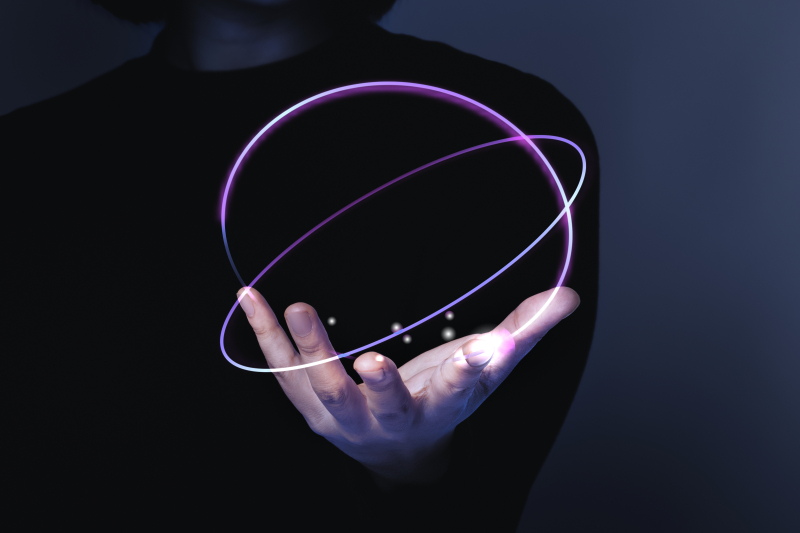Bachelor's student, Faculty of Technological Management and Innovations
Who Drives Innovations?
Just as individuals inevitably encounter problems throughout their lives, humanity also faces different kinds of impediments. But these impediments do not put us in a "no way out" dilemma. They become challenges and tests; they make us think and they push us to invent something new. For every problem, there is an innovator, a person who comes up with a new idea and makes people's lives better. But can anyone become an innovator? What qualities should an innovator have?

Little by little, innovations become an integral part of life, without which we cannot imagine our existence. They improve the quality and longevity of life. But the most exciting and original inventions are not always panaceas. This encourages people to keep on researching and inventing. Innovations do not stop human development. As the result of painstaking work, they also pave the way to new ideas. What qualities should a person possess to generate them?
First of all, it seems to me that an innovative person must be observant. Only observation will help us see the opportunities around us and take advantage of them. However, these opportunities need to be managed competently. So, another important quality of an innovator is the ability to use resources for practical purposes.
Thirdly, it is worth mentioning that an innovator must be a creative person. By this I mean associative thinking, a willingness to experiment and the ability to take risks.
Last but not least, an innovator should have managerial skills. An innovative person should have the competences of a project manager, i.e., be friendly, sociable, optimistic, and enthusiastic. Only this way will an innovator be able to convince people, lead them, spread their ideas, and implement them.
An innovative person should, therefore, possess a wide range of qualities and skills. These can be formed and then developed by broadening one's horizons through reading books, watching films (not only scientific but also fiction) and, of course, devoting time to various fields of science, from mathematics and computer science to history and psychology. And, of course, communication is also the key to success. It is useful to learn not only from the experiences of people in the past but also from the experiences of people living here and now.
By this description, it might seem that only a person with a good education and a scientific background can become an innovator. But I cannot relate to this statement.
Only in an ideal world do innovators have all of these skills. The most important thing about being an innovator is simply to innovate. Furthermore, you do not necessarily have to innovate in science or technology. Scientists are not the only innovators. Sometimes even ordinary people unknowingly change others' lives by inventing something. They invent things that simply make other people's lives easier and brighter: housewife Joy Mangano invented the self-pressing mop; hairdresser Lida Newman created the first sturdy comb with synthetic bristles; entrepreneur Earl Tupper invented the airtight plastic container for food storage.
When we think of innovation today, we tend to think of technological innovation. However, there is no doubt that inventions are important in all areas of human life: those that make life and work easier, keep people alive and healthy — and those that allow people to live "happily ever after." Assuming that one day there will be an artificial intelligence capable of inventing something, I'm sure it won't replace humans. The human brain is unique. The ideas that come out of it can be crazy and unexpected, they are not limited by logic or a particular program.
People will never stop inventing because they are never satisfied with what they have achieved. We are attracted to knowledge. We are drawn to something new, something that breaks the framework of our ideas about life. Every part of our lives can always be improved or simplified, because nothing (and no one) is perfect. There is no limit to making life better. And so there will be no limit to human thought.
Innovation is both a process and an outcome. So, it is cyclical and continuous. Perhaps it's not so important where and when it all began, but that it will never end. I think everyone should take responsibility for the future, even if you don't think of yourself as an innovator. Every person has an impact on humanity, more or less, so as we embark on the ever-evolving process of innovation, let's pause to reflect on our power to shape a future where humanity remains at the heart of progress.
